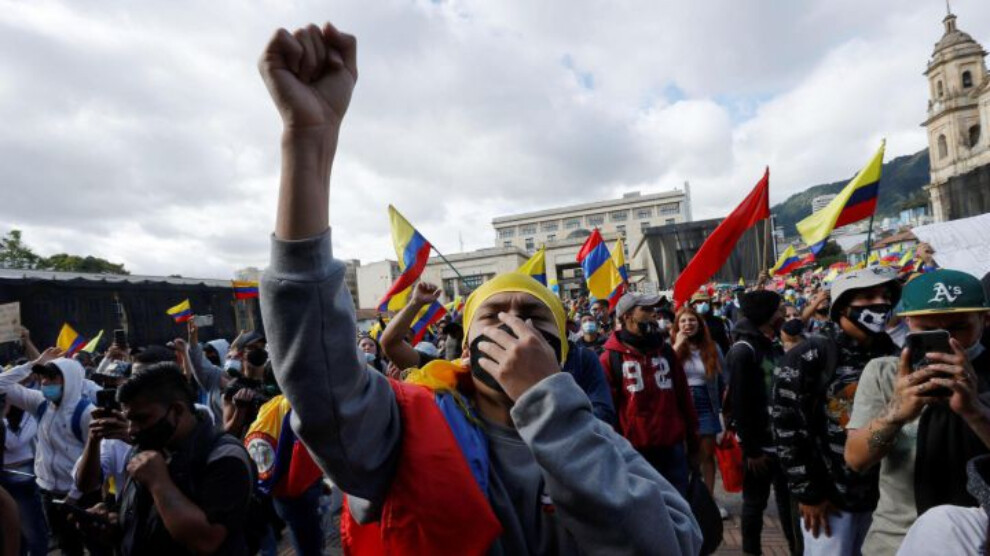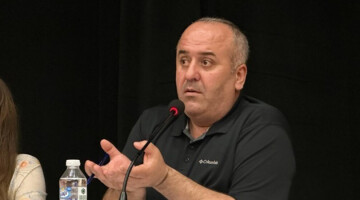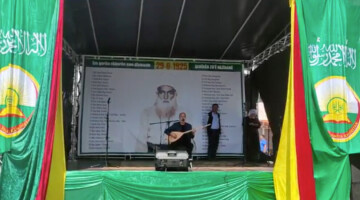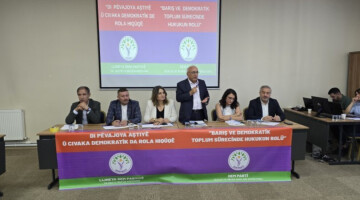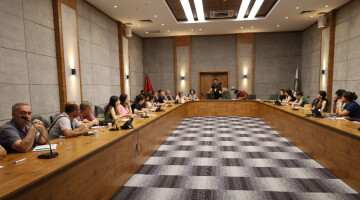The United Nations Verification Mission in Colombia (UNMC) acknowledged that the prolonged protests express unprecedented social unrest in the South American country.
"The events drew serious national and international concerns, along with appeals for non-violence, respect for human rights and the resolution of differences through peaceful dialogue," the UNMC reported to United Nations Secretary-General Antonio Guterres this week.
"On 28 April, a national strike accompanied by widespread demonstrations mostly concentrated in urban settings was carried out with the support of several civil society actors, including unions, students, peasants, women's, Indigenous and Afro-Colombian organizations. Protests also featured an unprecedented level of participation by young people," the Mission added.
In analyzing events from March 27 to June 25, the UN mission found that 54 civilians died because of repression carried out by the Mobile Anti-Riot Squad (ESMAD). Since the National Strike began on April 28, paramilitary violence has also increased.
During the last quarter, the prevailing violence in Colombia also forced the displacement of people in 25 municipalities in the departments of Antioquia, Cauca, Caqueta, Guaviare, Meta, Nariño, Norte de Santander, Putumayo, and Valle del Cauca.
After counting 19 massacres in the last three months, the UNMC report compiled information on the assassination of 49 human rights leaders and 16 former combatants who signed the 2016 Peace Accord. All of this information will be presented to the United Nations Security Council (UNSC) on July 13.
The UNMC report highlighted that implementing the Peace Accord continues to present major shortcomings, including the Colombian state's inability to guarantee adequate livelihoods for those who abandoned the armed struggle.

